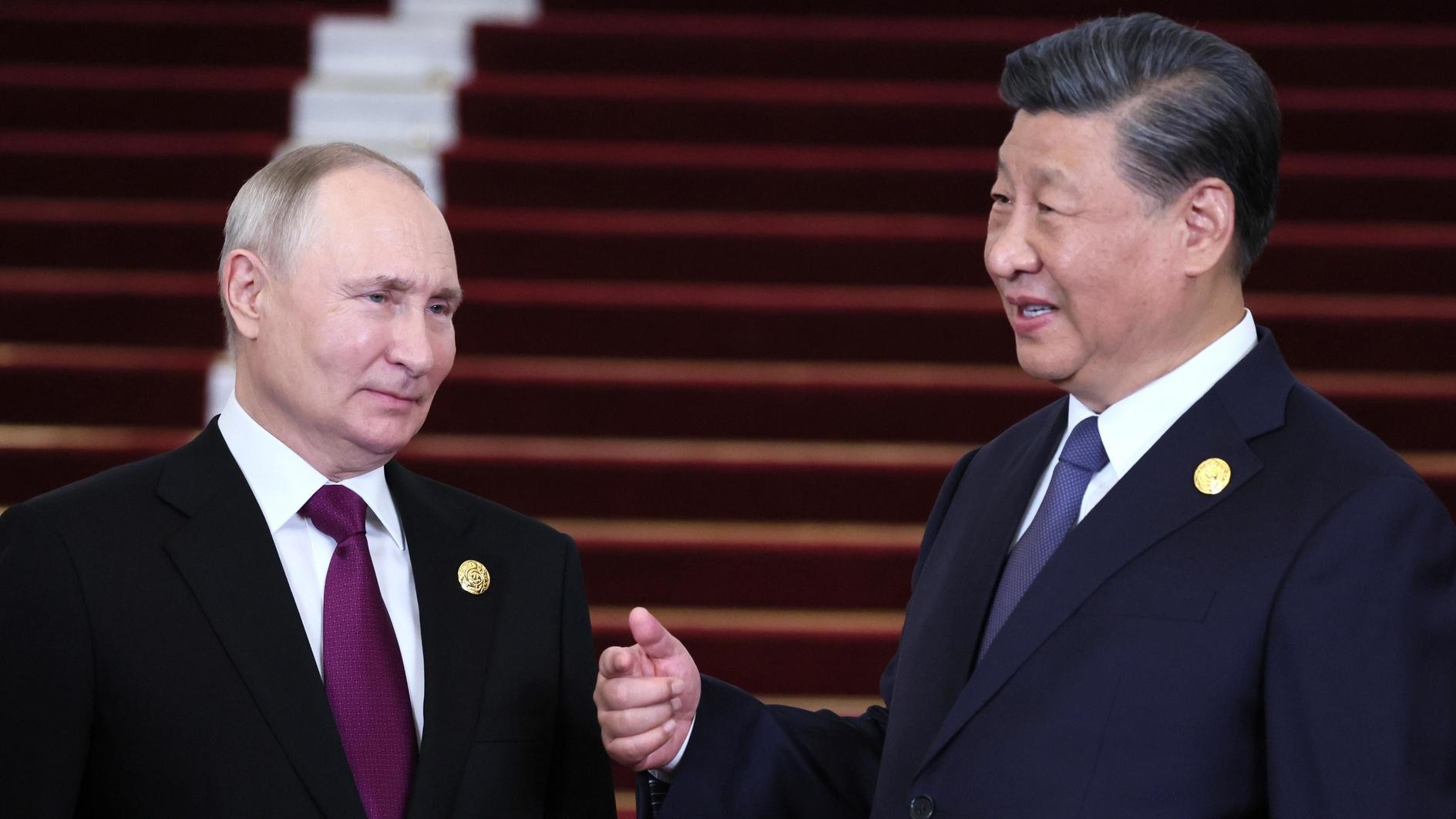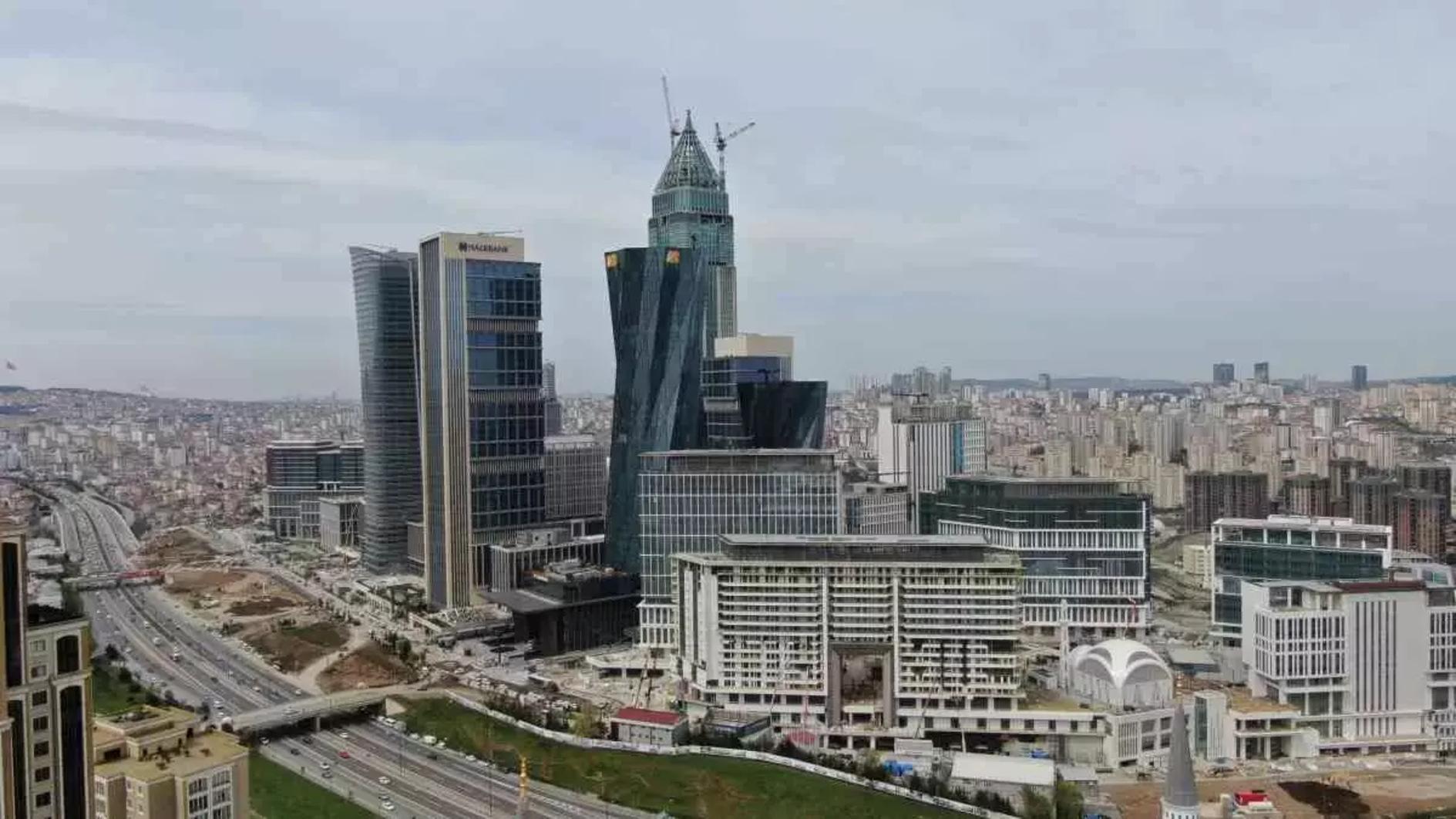Turkish-EU reset, once again
SONER ÇAĞAPTAY
There are two problems with Turkey’s accession into the European Union. The first is that there is no accession; the second is that there is no EU.
No need to panic, though, so long as the EU manages to resuscitate itself. Turkey’s EU hopes have hit roadblocks before, but each time Ankara and Brussels rejuvenated the process by simply resetting it.
Turkey’s EU membership talks are dead yet again and a new reset seems in order – once the union gets its act together, that is.
In 1959 Turkey applied to join the EU, and in 1963 an association agreement came into effect, binding the two together in the political equivalent of “going steady,” with both sides agreeing that “one day” Ankara would become a member.
Turkey and the EU’s “one day” almost became a reality in the 1970s, when the union offered Turkey membership. At the time, however, Ankara was under its first, and thus far last, left-wing government, which castigated the union as a “capitalist club” and rejected the membership offer.
After that, Turkey’s EU train hit multiple roadblocks, and yet each time Europe and Turkey reset ties, creatively resuscitating Ankara’s EU hopes. In 1987, for instance, Ankara decided that the only way to reset Turkey’s stalled accession process was to resubmit its 1959 application. Today, as a result, Turkey holds the distinction of being the only country that has submitted two applications for EU membership, both in good standing!
In the 1990s the process withered away again, and true to the nature of their committed relationship, Turkey and the union reset their ties: In 1999, Brussels agreed to consider Ankara’s candidacy, demanding political reforms in return.
When Turkey finally opened accession talks after completing the reforms in 2005, it seemed as if the accession process would move forward for a change.
Alas, only six years later, the process has, once again, come to a standstill, primarily because it is a Sisyphean ordeal. Previously, accession countries had to complete membership negotiations in one round. In 2005, however, the EU divided the accession materials into 35 chapters, creating 35 rounds of talks with Ankara as a result.
Moreover, the union stipulated that the consent of all 27 member states would be needed for each of these chapters to be opened and closed. So, 35 rounds, multiplied by two opening and closing steps, times 27 members means that Turkey must overcome 1,890 possible vetoes to become a member. Unsurprisingly, accession talks are dead.
It gets even bleaker. In July 2012, Greek Cypriots will take over the EU presidency for six months. Turks and Greek Cypriots are not only locked in a dispute, but also they do not recognize one another. In July 2012, Ankara will freeze its ties with the union, protesting the Greek Cypriot presidency. A new reset will then become necessary after the Greek Cypriots step down from the EU presidency on Jan. 1, 2013.
Turkey and the EU have been flirting for five decades now without committing to one another. It seems that for a variety of economic and political reasons, both sides like to talk to one another, engaging in “political dating.” In the end, though, one or the other gets cold feet, rejecting “political marriage”: full membership. This time-tested modus vivendi will drive the 2013 reset, as well.
This time, though, the reset will require a new set of parameters.
In the past Turkey appeared to need the EU more than the union needed Turkey. Today, the opposite holds true. For starters, Turkey’s booming economy stands in stark contrast to the EU’s stagnant one. In addition, whereas Turkey has historically seen EU membership as its only political anchor, Ankara feels less compelled to put all its foreign policy eggs into the EU’s basket now that it has become a major political actor in the Middle East.
In other words, when the EU and Ankara reset their relationship in 2013, Ankara will enter the process from a point of strength, for the first time. Perhaps it will lead to yet one more round of political dating – until the next reset, that is, unless, of course the union, this time, gets turned on politically by a strong Turkey.










